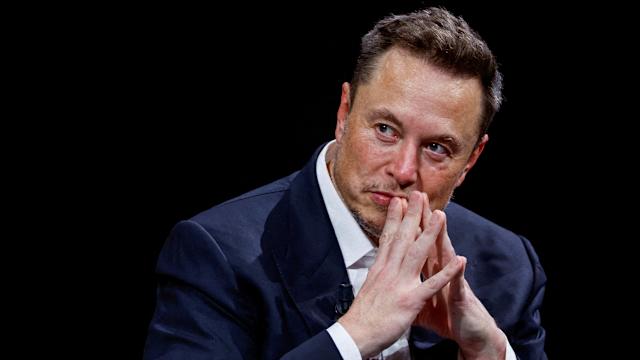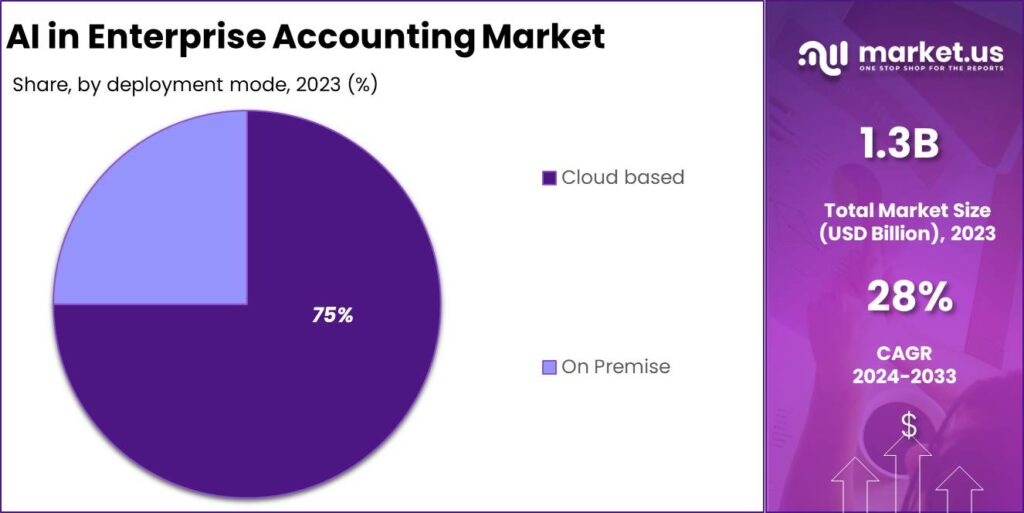Commentary: Elon Musk is right about the Trump tax bill’s failures

Elon Musk’s feud with President Trump is first-rate tabloid fare. Musk’s money versus Trump’s power is a celebrity smackdown you could sell tickets to.
But there’s substance behind the salacity. Musk’s principal beef with Trump is on policy. Trump is steering a giant tax bill through Congress that will cut taxes for the wealthy, reduce food and medical benefits for the poor, roll back green energy investments, subsidize fossil fuels, and add at least $4 trillion to the national debt. Musk calls the bill “insane” and is so vexed he’s vowing to fund a new political party if the Republicans who control Congress pass the legislation.
The bill is insane, or at least parts of it are. Congress has to do something about tax cuts that expire at the end of this year, threatening a de facto tax hike on millions of Americans. A sensible approach would be to extend tax cuts for middle- and working-class Americans. Top earners didn’t need the tax cut when Trump first signed it into law in 2017, and they don’t need it now. It’s also time for Congress to stop racking up endless amounts of debt and shrink the giant gap between federal spending and revenue.
The Republican tax bill pretends there is no debt problem, like a spending addict who can’t stop opening new credit card accounts. It enshrines culture war ideology while ignoring the green energy technology race, a key battle between China and the United States. It also literally takes from the poor to give to the rich, setting Republicans up for a possible midterm election drubbing in 2026 that could be worse than the pounding they took in 2018, when Democrats picked up 41 seats in the House of Representatives and took control of the chamber.
Drop Rick Newman a note, take his weekly economy quiz, or sign up for his newsletter.
While protesting its cost, the multibillionaire Tesla CEO also said on social media that the bill “will destroy millions of jobs in America and cause immense strategic harm to our country. It gives handouts to industries of the past while severely damaging industries of the future.”
Musk is talking about the bill’s energy provisions. There are two versions of the overall bill, one the House passed in May and one the Senate passed on July 1. The two chambers must now agree on a single version that both houses can vote on. Arcane congressional procedures make it more likely the Senate version will prevail.
The Senate package repeals several hundred billion dollars’ worth of tax credits for renewable energy that Congress passed in 2022, when Democrats controlled the House and Senate. Green energy is the industry of the future that Musk is talking about. The Senate bill also includes provisions favorable to the coal, oil, and natural gas industries, which are Musk’s industries of the past.
Story continuesTrump and many Republicans portray green energy as a liberal fever dream that can’t survive without lavish government subsidies. That ignores economic reality. China has declared green energy a strategic industry in which it seeks global dominance, with massive government subsidies for new technologies such as electric vehicle batteries and renewable energy equipment. The Biden-era green energy tax breaks were meant to match China’s approach and help American firms catch up.
Renewable energy is a trillion-dollar market likely to double in size within a few years. That doesn’t mean Biden-style subsidies are necessary or appropriate, but it does mean policymakers should be careful about taking any steps that would harm American competitiveness or give China an edge. Congress isn’t doing anything like that. The bill cuts green energy only because Republicans need to find some spending cuts to lower the overall cost of the tax cuts.
There are a lot of well-paying jobs in green energy, one of the fastest-growing sectors of the economy. The leading electrical workers union has bashed the Senate bill, saying "this bill will cost hundreds of thousands of good-paying construction jobs." Musk retweeted that claim, an unusual alliance between a labor union and a stridently anti-union CEO.
Musk has many allies in his complaint about the $4 trillion cost of the Senate tax bill. The national debt is already $36 trillion, and some economists think excessive federal borrowing is beginning to push long-term interest rates higher than they would otherwise be. That would be the “debt crisis” budget hawks have been warning about for decades. All three major rating agencies have now downgraded the US credit rating, citing political unwillingness to get annual deficits under control. Congress is once again proving how right they are.
Read more: What is the US debt ceiling, and how does it impact you?
Musk also says that passing the bill would be “political suicide for the Republican Party.” He could be right about that too. All the provisions combined would actually cut net income for the poorest 40% of Americans, mainly because of cuts to food aid and healthcare programs for millions of lower-income people. Top earners would benefit the most from the bill, with the top 20% enjoying a $6,000 boost in after-tax income, according to Yale Budget Lab. The 2017 Trump tax cuts were unpopular, leading to Republican setbacks in the 2018 elections. The outcome could be more stark in 2026, given that the current bill is crueler to lower-income Americans.
Musk may have a better grasp of the bill’s economic impacts than many of the politicians voting for it. But forming a new political party may not be much of a remedy. Musk’s own political instincts aren’t exactly mainstream. The “DOGE” cuts he spearheaded during his short tenure as Trump’s bureaucratic hatchet man targeted agencies such as Social Security that many voters rely on. Most voters want lower costs and higher living standards, not the sort of techno-libertarian revolution Musk envisions.
We definitely need better politicians, but we could use better billionaires as well.
Rick Newman is a senior columnist for Yahoo Finance. Follow him on Bluesky and X: @rickjnewman.
Click here for political news related to business and money policies that will shape tomorrow's stock prices.
Read the latest financial and business news from Yahoo Finance













